
Take Our Quiz And Find Your TOTUM Tribe!
Fancy receiving personalised offers and discounts tailored to you and your interests? Take the TOTUM Tribe quiz to find out more...
If the runways of Paris and Milan are your spiritual home (but really, anywhere you can strut your stuff will more than do), shopping sprees are your therapy and your Amazon wish-list has got to be in the running for some sort of world record then this is the place for you...
Explore Fashion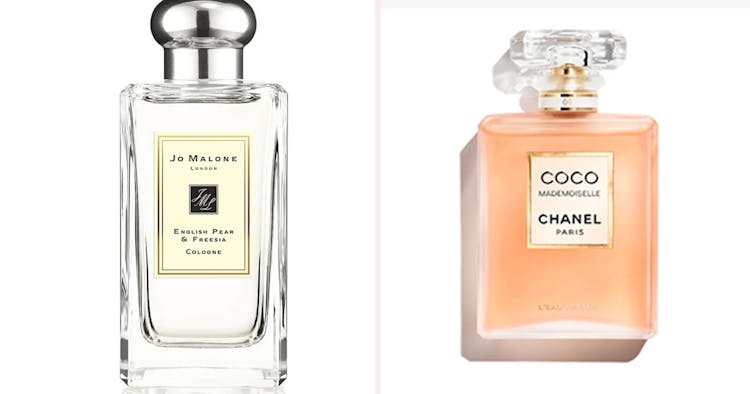
Whether you’re on the hunt for a Baccarat Rouge or a Chanel Coco Mademoiselle dupe, here are our favourite designer-inspired perfume dupes in 2024…
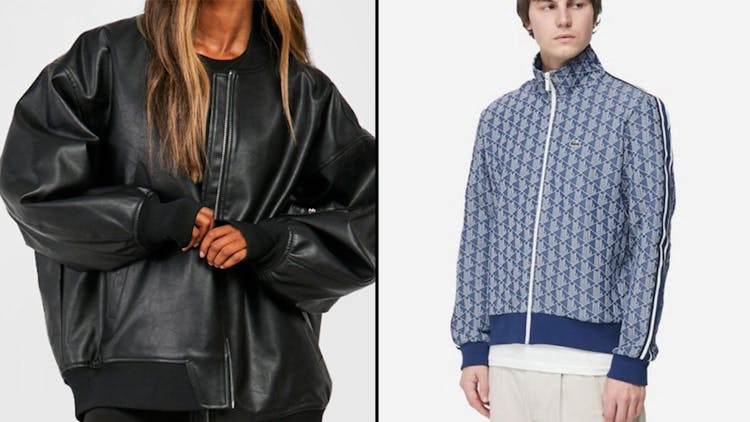
Looking for the best spring jackets for 2024 and want to make huge savings with your student discount? We've got you...
If your knowledge of the latest releases is second to none and learning about the newest technologies, taking apart old gadgets, and exploring the digital universe are your passions, read on to find all the latest tech news, deals, discounts & more.
Explore Technology
University is the best time to invest in Apple tech for a number of reasons - from making mega savings with student discount to having the freedom to customise your devices to suit you and your study needs...

Looking for some new earphones but not sure where to start? We discuss the best earphones available at different prices so you can keep listening no matter your budget!
The longer you’re in one place, the itchier your feet get… Travel, meeting new people and having exciting new experiences is what The Explorers live for. Check out our Travel section for tips, discounts and all the inspo you need for your next adventure.
Explore Travel
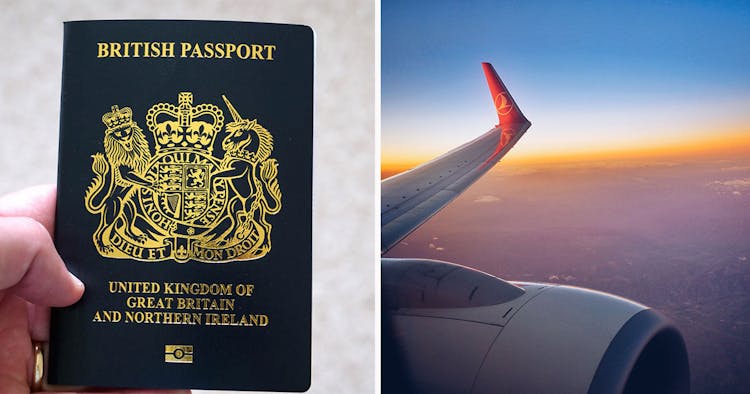
To avoid any unnecessary stress when you’re travelling you better be prepared for a few changes that have come into play for UK citizens travelling this year.
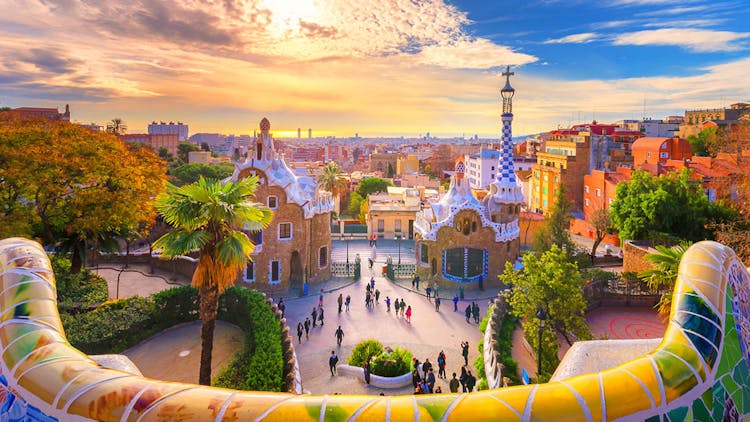
Wondering where to spend your break this spring? Here are some of the best locations to check out this year...
Whether it’s a big night out or hosting everyone at your house, you’re never happier than when you’re surrounded by the people you love. From making sure everyone is well-fed to organising group days out and even holidays, here's where you'll find all things Entertainment...
Explore Entertainment

The legendary fortune teller has made a number of eerie predictions for 2024... Aren't we due a break!?
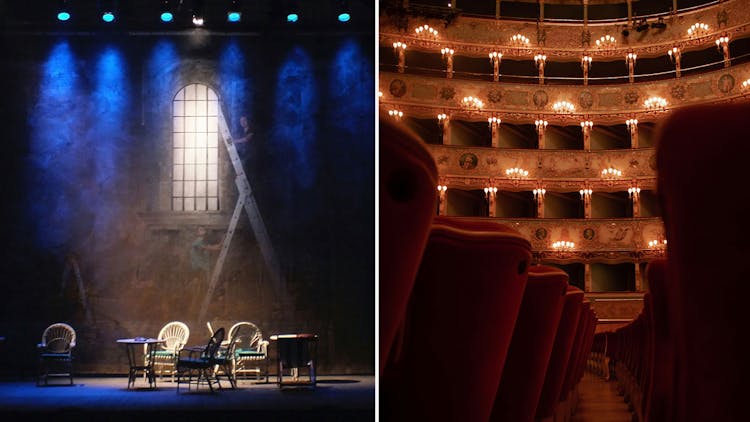
Looking for ways to get cheap theatre tickets in the UK? Here are our top tips to watch your favourite shows for a fraction of the price...
A healthy lifestyle and looking after both your body and mind are your passions! Your spare time is taken up with gym sessions, mindfulness and healthy eating - but you'll still let loose when the opportunity arises! Welcome to the home of all things Health & Wellness.
Explore Health & Wellness

Looking for the best budget fitness watches to help you monitor your activity and kickstart your fitness journey? We've got you...

Woken up with a pounding headache and a mind swirling with anxieties from the night before? Here are some suggestions to ease both the physical and mental discomforts that come with a hangover...
With 2 for 1 meals, 50% off pizza delivery and discounts on movies, attractions, online shopping and more, tastecard always knows where to take you...
Explore Food & Drink
Don’t know how to plan a weekly food shop? We run you through all our tips on how to budget your groceries, some meal ideas and money saving hacks

Fancy being in with the chance of winning £20,000 just for eating some Cadbury Chocolate Fingers? Here's how...
For those who are never happier than when you’re engrossed in learning, if knowledge is your super power, if a question needs answering - from finance to cleaning hacks - if you’re the one they turn to in their hour of need, here's where you can gather all that fresh knowledge.
Explore Advice & Hacks
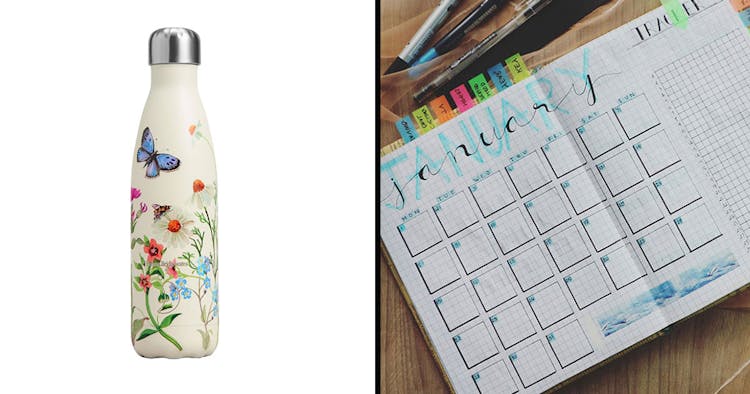
Wondering which accessories to pair with your essential university laptop for both style and functionality? Check out our top picks to enhance your success!

Wondering how to revise effectively for your exams depending on the type of learner you are? Here are our top tips...
Doing your best to reduce your impact on nature is at the centre of everything you do. Vintage fashion, thrifting, environmentally conscious eating, and creating as little waste as possible are always at the front of your mind.
Explore Sustainability

Whether you're sharing a student house with friends or living alone, here are our top tips to save energy as a student.
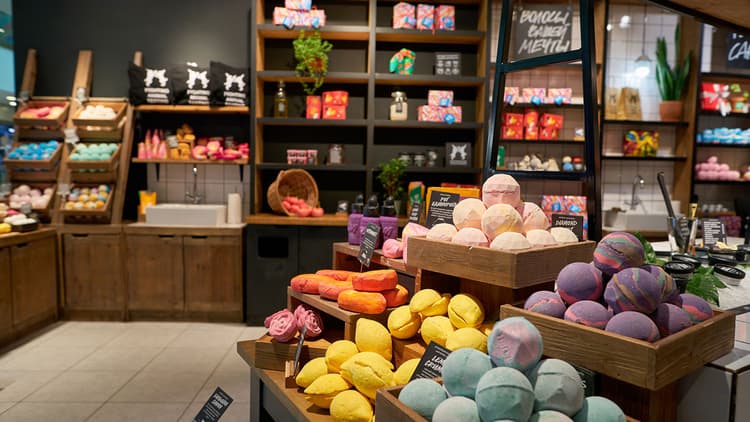
What if you could do your bit to help the environment and earn yourself a bit of money in the process?
Bringing you savings on the important things in life - from insurance, to breakdown cover to tips and advice on how to save your precious pennies...
Explore Home & Finance

Welcome to the TOTUM 2024 Saving Plan! To help our members take advantage of all the benefits TOTUM has to offer, we've been busy looking into all the ways you can save money with TOTUM this year.
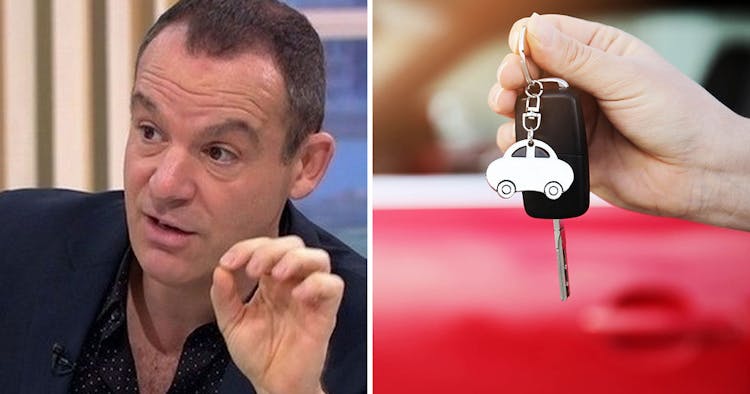
From the mouth of Mr Money himself, this could save you an absolute fortune on your car insurance! And we could all do with saving as much money as possible right now...